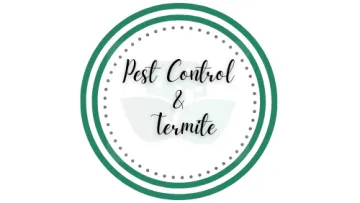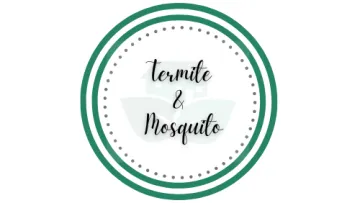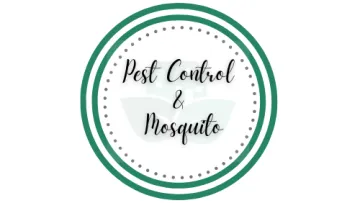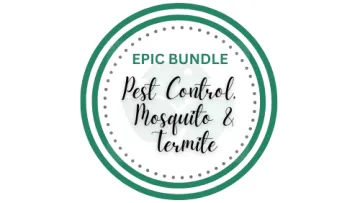Termites
Termites
Termites are a persistent and potentially damaging pest in the Southeastern United States, posing significant risks to homes and structures. The region is commonly affected by species such as the Eastern Subterranean Termite, Formosan Subterranean Termite, and Drywood Termite. Understanding the severe economic and structural threats termites present, Good Nature Pest Control offers thorough solutions to combat these infestations.
Our services emphasize preventive strategies, including soil treatments and barrier installations, as well as targeted treatments to eradicate existing termite colonies. By utilizing advanced techniques and conducting regular inspections, we aim to safeguard homes and properties, providing residents in the Southeast with peace of mind and protection from the harmful effects of termite activity.
Types of Termites
The Southeastern United States hosts a range of termite species, each with distinct characteristics and behaviors. The Eastern Subterranean Termite is prevalent and highly destructive, favoring moist environments and forming extensive underground colonies. The Formosan Subterranean Termite, an invasive species, poses a severe threat with its aggressive feeding habits and large colony sizes.
Additionally, the Drywood Termite targets dry wood, leading to damage in structural timbers. These termite species collectively represent a significant risk to homes and buildings in the region. Good Nature Pest Control understands the urgency of addressing termite issues and offers customized solutions to safeguard properties from the damaging effects of these wood-destroying pests.
Drywood Termite
(Cryptotermes Spp.)
Infesting dry wood, this termite species is known for causing damage to structural timbers in the Southeast.
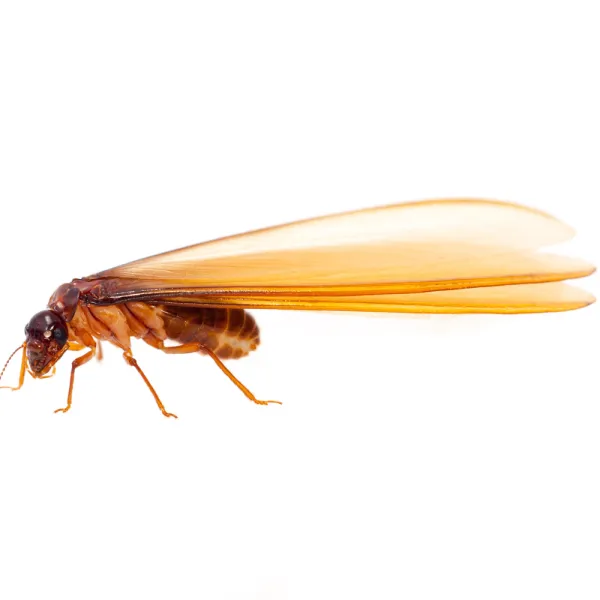
Eastern Subterranean Termite
(Reticulitermes Flavipes)
Common in the Southeast, these termites build extensive underground colonies and are a significant threat to wooden structures.
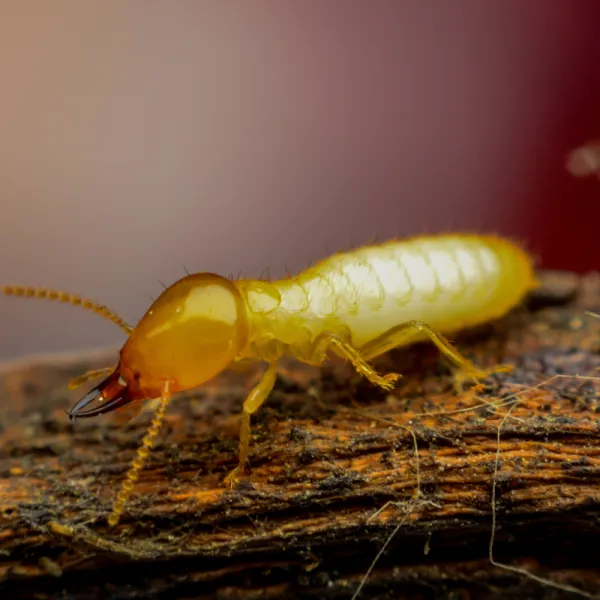
Formosan Subterranean Termite
(Coptotermes Formosanus)
Particularly destructive, the Formosan Subterranean Termite is invasive and can cause rapid and extensive damage to buildings in the Southeast.
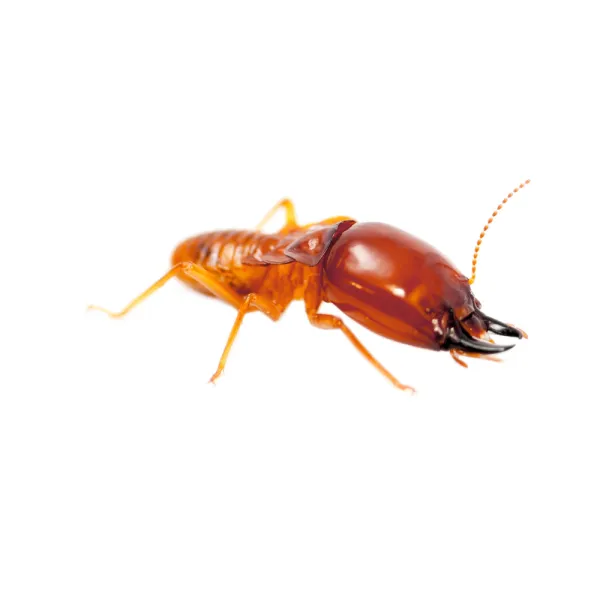
Incisitermes Snyderi
A species of termite, Incisitermes Snyderi, is notable for its distinctive mandibles and is often found in arid regions, where it contributes to the decomposition of plant matter in its environment.
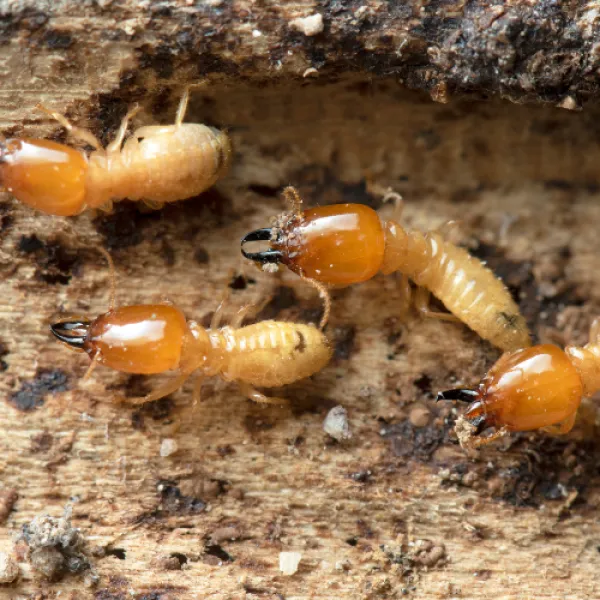
Virgina Termite
Reticulitermes Virginicus
A species of subterranean termite, the Virginia Termite is recognized for its intricate tunneling system and significant role in wood degradation within its colonies.
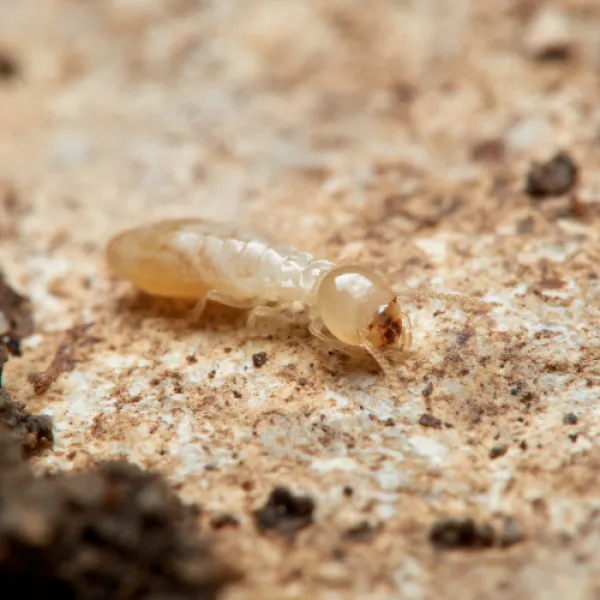
Nasutitermes Corniger
Commonly referred to as the termite "soldier," Nasutitermes is recognized by its distinctive long, pointed snout. These termites play a vital role in defending the colony against potential threats, showcasing their unique adaptations for the protection of their nest.
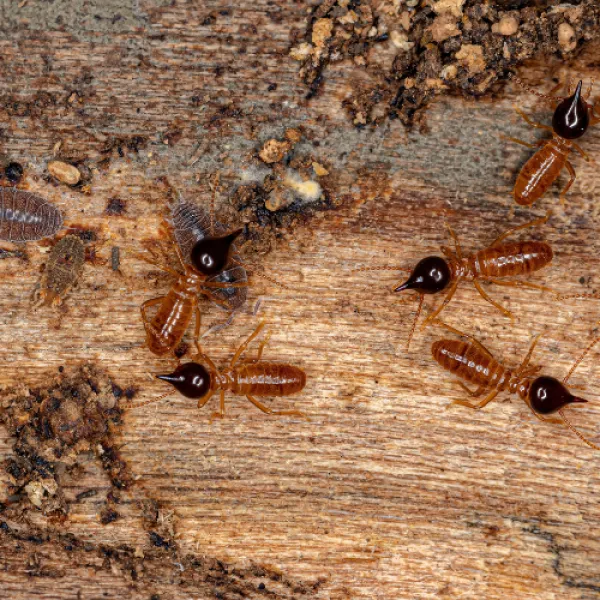
Bundle Packages Available!
Experience the value of Good Nature Pest Control's all-inclusive bundles, offering exceptional service and significant savings.
Don't miss the opportunity to explore our referral program! Get in touch with us today!
Decades
Of Experience
Dozens
Of Customer Service Awards
Thousands
of Online Reviews
Frequently Asked Questions
Q Are termites common in the Southeast?
Yes, termites are common in the Southeast, with the Eastern Subterranean Termite and Formosan Subterranean Termite being prevalent species.
Q What types of termites are found in the Southeast?
Common termite species in the Southeast include the Eastern Subterranean Termite, Formosan Subterranean Termite, and Drywood Termite.
Q How do termites cause damage to structures?
Termites feed on wood, causing structural damage by consuming cellulose and weakening the integrity of wooden components in homes and buildings.
Q Can termites be identified by homeowners?
Good Nature Pest Control provides educational resources to help homeowners identify signs of termite activity, including mud tubes, discarded wings, and wood damage.
Q What preventive measures can be taken to protect homes from termites?
Good Nature Pest Control offers preventive measures such as soil treatment, barrier installation, and regular inspections to detect and address termite activity early.
Q How quickly can termites cause damage?
Termites work continuously, and depending on the size of the colony, significant damage can occur over several months or years
Q Are there signs of termite infestation that homeowners should be aware of?
Signs include mud tubes on walls, damaged or hollow-sounding wood, discarded termite wings, and the presence of swarmers during certain times of the year.
Q Can Good Nature Pest Control eliminate existing termite colonies?
Yes, our professional services include targeted treatments to eliminate existing termite colonies and prevent further damage.
Q How often should homes in the Southeast be inspected for termites?
Regular annual inspections are recommended to detect termite activity early and implement preventive measures.
Q What is the impact of Formosan Subterranean Termites in the Southeast?
Formosan Subterranean Termites are particularly destructive, causing rapid and extensive damage, making early detection and intervention crucial for homeowners in the Southeast.

